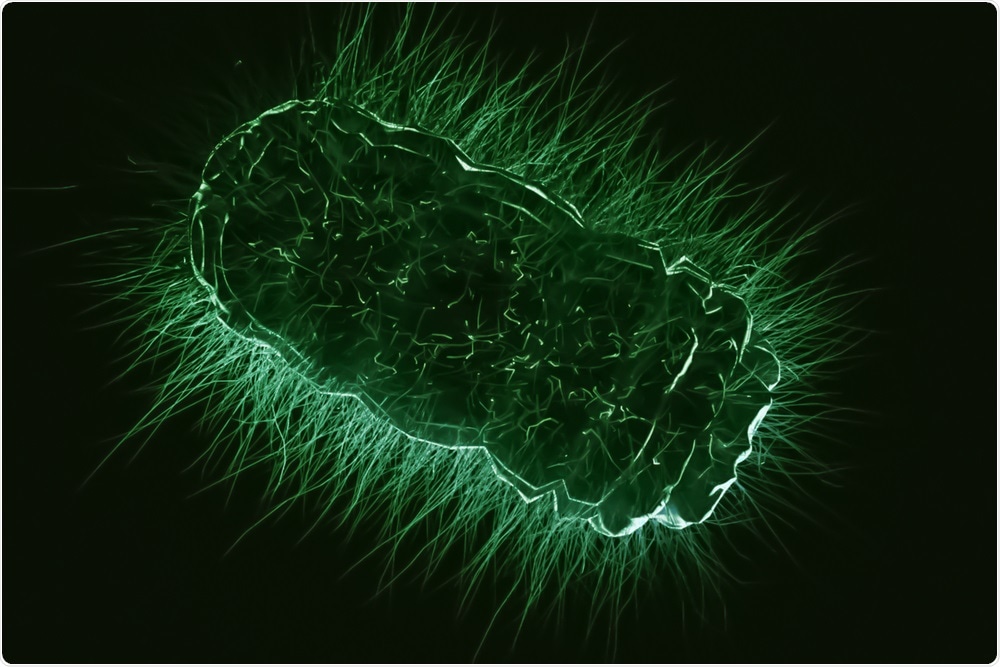An international team of researchers has identified antibiotic-resistant genes (ARGs) in an area of the arctic; 8,000 miles away from where the genes were originally detected in urban India.
 GiroScience | Shutterstock
GiroScience | Shutterstock
The analysis of soil samples taken from locations in the Kongsfjorden region of Svalbard confirmed the spread of blaNDM-1 and other multidrug resistance genes into the High Arctic.
The global spread of such “superbug” genes is a growing concern because they often target “last resort” antibiotics such as carbapenems and very few antibiotics can still combat carbapenem-resistant bacteria.
"What humans have done through excess use of antibiotics on global scales is accelerate the rate of evolution, creating a new world of resistant strains that never existed before. Through the overuse of antibiotics, faecal releases and contamination of drinking water, we have consequentially speeded-up the rate at which superbugs might evolve.”
Professor David Graham, Study Leader
The fact that bacteria can now adapt and become resistant to newly developed antibiotics so quickly means very few are in the pipeline because it is just not cost-effective to make them.
Upon analyzing DNA extracted from forty soil cores taken from eight locations in the Kongsfjorden region, Svalbard in the High Arctic, Graham and colleagues identified 131 ARGs.
The team says the genes were probably spread via fecal matter from wildlife and humans visiting the area. The ARGs were associated with nine commonly used, major classes of antibiotics including β-lactams, aminoglycosides, macrolides.
Less than three years after the first detection of the blaNDM-1 gene in the surface waters of urban India, we are finding them thousands of miles away in an area where there has been minimal human impact.”
Professor David Graham, Study Leader
The finding has huge implications for the worldwide spread of antibiotic resistance, he adds, saying that the only way we are going to win this fight is to understand all pathways that lead to antibiotic resistance.
Improved stewardship of antibiotic use in medicine and agriculture is essential, advises Graham, as is the need for people to understand that resistance can be transmitted through water and soils.
“We contend that improved waste management and water quality on a global scale is a key step," he concludes.
Source
'Superbug gene' found in one of the most remote places on Earth